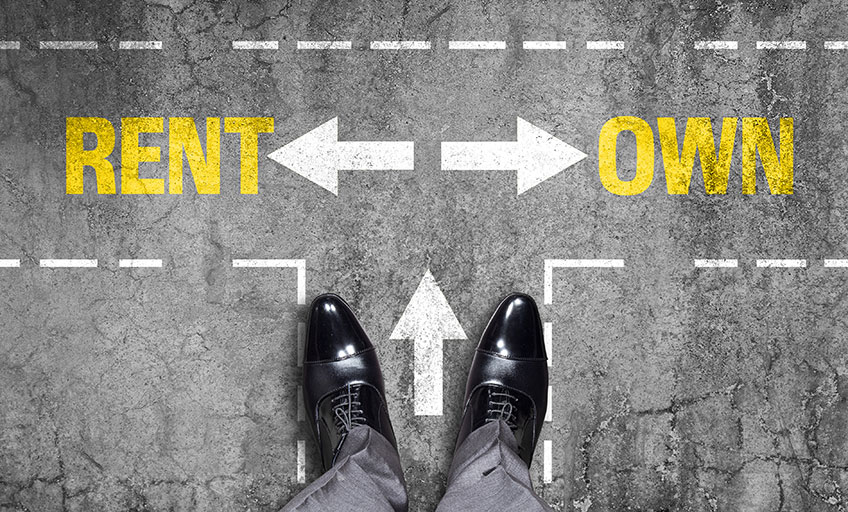If you are a business owner, you may wonder whether it is better to own or rent the property where you operate your business. This is a common dilemma that has advantages and disadvantages depending on your situation. In this post, I will explore some of the factors that can help you make this decision and provide some examples of businesses that have chosen either option.
Owning a property for your business can have many benefits, such as:
- Building equity and wealth over time as you pay off your mortgage and the property appreciates in value. For example, if you own a retail store in a prime location, you can benefit from the increasing value of the land and the building over time.
- Having more control and flexibility over the property, such as making improvements, modifications, or expansions to suit your needs. For example, if you own a restaurant, you can customize the interior design, the kitchen equipment, and the seating capacity to fit your vision and menu.
- Saving money on rent and avoiding rent increases or lease termination by the landlord. For example, if you own a factory, you can save on the overhead costs of renting a large space and have more certainty about your long-term expenses.
- Enjoying tax deductions for mortgage interest, property taxes, depreciation, and maintenance expenses. For example, if you own an office building, you can deduct these expenses from your taxable income and reduce your tax liability.
- Creating a stable and permanent location for your business that can enhance your brand image and customer loyalty. For example, if you own a hotel, you can create a distinctive identity and reputation for your property and attract more guests.
However, owning a property also comes with some drawbacks, such as:
- Having a large upfront cost for the down payment, closing costs, and other fees. For example, if you want to buy a warehouse, you may need to pay 20% or more of the purchase price as a down payment and cover other costs such as appraisal, inspection, and legal fees.
- Being responsible for all the maintenance, repairs, insurance, and security of the property. For example, if you own a salon, you may have to deal with plumbing issues, electrical problems, vandalism, or theft and pay for the necessary services or repairs.
- Having less liquidity and mobility, as selling or relocating your property can take time and money. For example, if you want to sell or move your clinic, you may have to wait for months or years to find a buyer or a suitable new location and incur costs such as commission fees, moving expenses, or renovation costs.
- Facing the risk of losing money if the property value declines or the market conditions change. For example, if you own a bookstore in a mall, you may suffer a loss if the mall loses its popularity or the demand for books decreases due to online competition.
- Having less diversification in your investment portfolio, as you may have most of your capital tied up in one asset. For example, if you own a gym, you may have less money available to invest in other opportunities or to cope with unexpected emergencies.
Renting a property for your business can also have pros and cons, such as:
- Having a lower initial cost and less financial commitment, as you only need to pay a security deposit and monthly rent. For example, if you want to rent a studio for your photography business, you may only need to pay one or two months of rent as a deposit and start operating right away.
- Having more flexibility and mobility, as you can easily move to another location if your business needs change or you find a better opportunity. For example, if you rent a shop for your clothing business, you can relocate to another area with more foot traffic or lower rent if you find one.
- Having more cash flow and liquidity, as you can use your money for other purposes instead of paying a mortgage. For example, if you rent an apartment for your online business, you can use your savings to buy more inventory, hire more staff, or expand your marketing efforts.
- Having less risk and responsibility, as you are not liable for the property value, maintenance, or taxes.
Read about why you need a business consultant!

